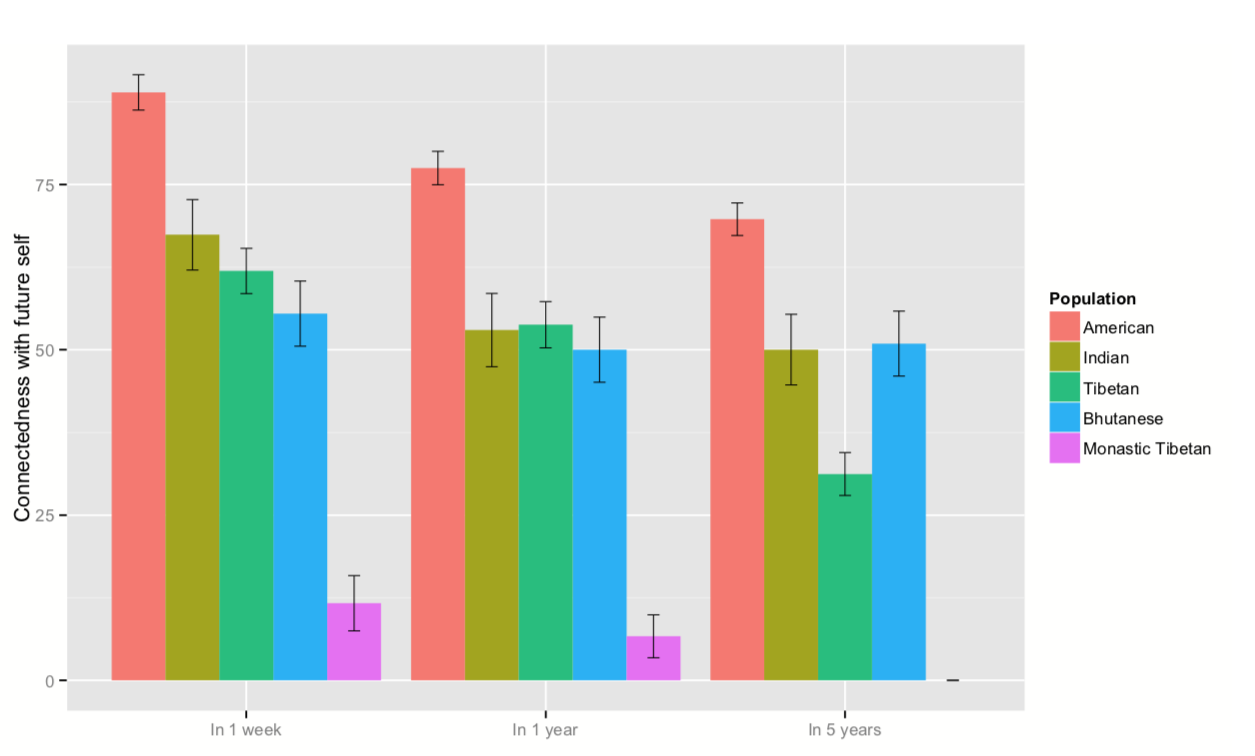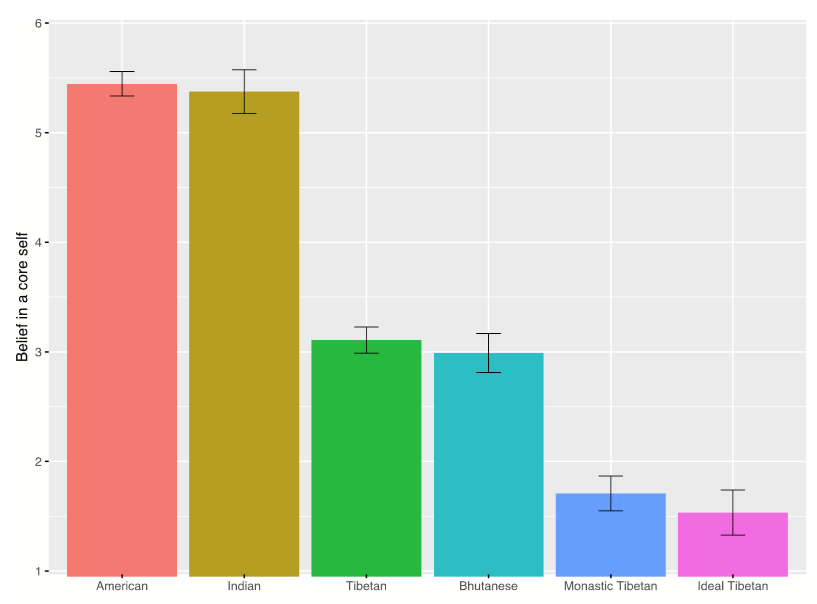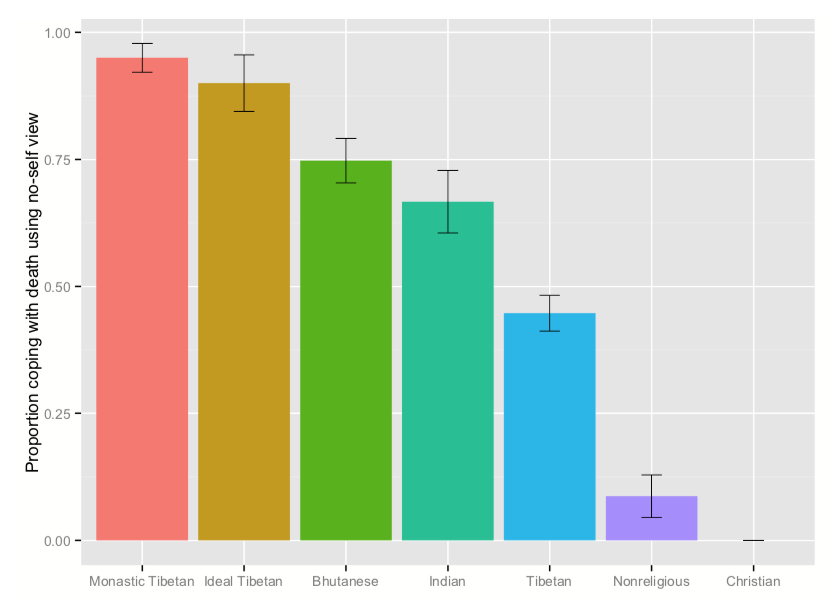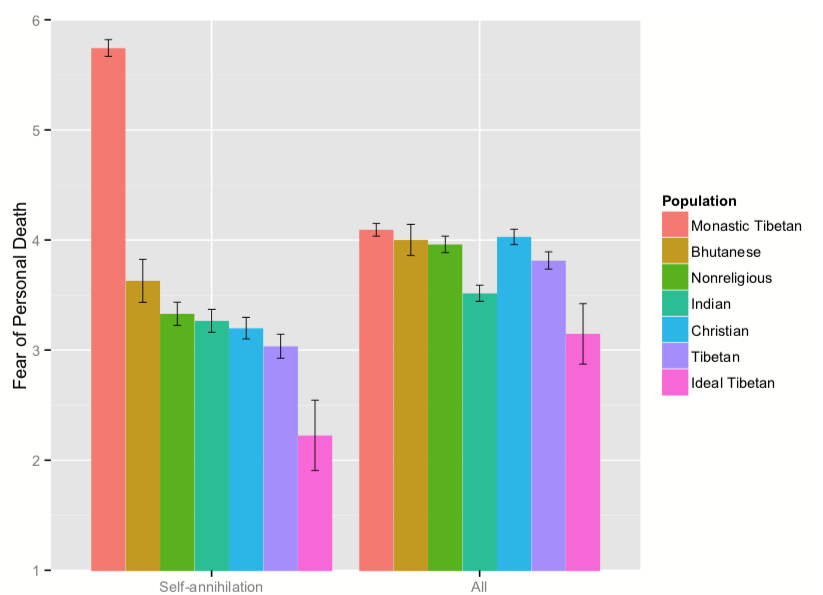Click here and press the right key for the next slide (or swipe left)
also ...
Press the left key to go backwards (or swipe right)
Press n to toggle whether notes are shown (or add '?notes' to the url before the #)
Press m or double tap to slide thumbnails (menu)
Press ? at any time to show the keyboard shortcuts

Theme
What is metaphysically necessary
for your survival?
[Olson’s formulation] If a person exists at one time and something exists at another time, under what possible circumstances is it the case that the person is the thing?
Answer 1: psychological continuity
Under exactly those in which the person can, at the first time, remember an experience the second mentioned thing has at the second time, or vice versa.
Answer 2: biological continuity

Biological Continuity
You and I are biological organisms.
[Olson’s formulation] If a person exists at one time and something exists at another time, under what possible circumstances is it the case that the person is the thing?
Answer 2: biological continuity
Necessarily, a person existing at one time is a thing existing at another time if and only if the first mentioned person’s biological organism is continuous with the second thing’s biological organism.
Tom and Ayesha swapped brains for just one day.
On that day, a person we will call ‘Ayesha-body’ robs a bank.
As night falls, Tom and Ayesha swap brains back, as agreed.
Who is morally repsonsible for the bank robbery?
Is it Tom?
Or is it Ayesha?
Or neither of them?
Tom is morally repsonsible for the bank robbery.
You are only responsible for actions performed by things numerically identical with you.
Therefore:
Tom was Ayesha-body.
Therefore:
If Tom-body had been destroyed, Tom could have survived.
Therefore:
The Biological Continuity View of personal identity is false.
Inconsistent Triads
Sam was an embryo; unless she recovers, Sam will be in a PVS.
Person essentialism is true.
The Psychological Continuity View of personal identity is true.
If Sam and Ayesha were to swap brains for a day, Sam would later be morally responsible for actions involving Ayesha-body.
You are only responsible for the actions of things numerically identical with you.
The Biological Continuity View of personal identity is true.

Does Identity Matter?
biological continuity and responsibility
If ‘the relations of practical concerns that typically go along with our identity through time are closely connected with psychological continuity
[...], then the Biological Approach does have an interesting ethical consequence,
namely that those practical relations are not necessarily connected with numerical identity’
Olson 1997, p. 70
Inconsistent Triads
Sam was an embryo; unless she recovers, Sam will be in a PVS.
Person essentialism is true.
The Psychological Continuity View of personal identity is true.
If Sam and Ayesha were to swap brains for a day, Sam would later be morally responsible for actions involving Ayesha-body.
You are only responsible for the actions of things numerically identical with you.
The Biological Continuity View of personal identity is true.
If ‘the relations of practical concerns that typically go along with our identity through time are closely connected with psychological continuity
[...], then the Biological Approach does have an interesting ethical consequence,
namely that those practical relations are not necessarily connected with numerical identity’
Olson 1997, p. 70

conclusion
There is an intricate question about personal identity and survival.
Psychological continuity views provide one candidate answer.
Biological continuity views provide another.
Both candidate answers face objections.

Psychological Continuity and Fission
psychological continuity and fission
numerical identity : inconsistent triad
Beatrice is not identical to Caitlyn.
Ahmed is identical to Beatrice.
Ahmed is identical to Caitlyn.
personal identity : inconsistent quartet
Beatrice is not identical to Caitlyn.
Ahmed is psychologically continuous with Beatrice.
Ahmed is psychologically continuous with Caitlyn.
The Psychological Continuity View of personal identity is true.
so?
If fission is possible, the Psychological Continuity View of personal identity is false.
1. The removal of one brain hemisphere would not break psychological continuity.
2a. You might have an identical twin whose brain had been removed.
2b. Your brain could be transplanted into the body of your debrained twin.
2c. Successfully transplanting your brain into your twin’s debrained body would ensure psychological continuity.
2d. The removal and destruction of one brain hemisphere followed by transplant of the other hemisphere would ensure psychological continuity.
3. You could be psychologically continuous with two distinct future individuals.
psychological continuity and fission
[Olson’s formulation] If a person exists at one time and something exists at another time, under what possible circumstances is it the case that the person is the thing?
Answer 1: psychological continuity
Under exactly those in which the person can, at the first time, remember an experience the second mentioned thing has at the second time, or vice versa.
If fission is possible, the Psychological Continuity View of personal identity is false.
Fission is possible.
one response
‘What this must mean, then, is that the identity relation just is not what matters (or is not what matters very much) in survival;
instead, what matters has to consist in psychological continuity and/or connectedness (what Parfit calls “Relation R”).
As long as that relation holds between me-now and some other person-stage---regardless of whether or not it holds one-one---what happens to me is just as good as ordinary survival.
Call this the Identity Doesn't Matter (IDM) view.’
Shoemaker, 2019

conclusion
[Olson’s formulation] If a person exists at one time and something exists at another time, under what possible circumstances is it the case that the person is the thing?
Answer 1: psychological continuity
Under exactly those in which the person can, at the first time, remember an experience the second mentioned thing has at the second time, or vice versa.
Answer 2: biological continuity
Under exactly those in which the person’s biological organism is continuous with the second thing’s biological organism.
‘Identity is utterly simple and unproblematic.
Everything is identical to itself; nothing is ever identical to anything else except itself.
There is never any problem about what makes something identical to itself; nothing can ever fail to be.
And there is never any problem about what makes two things identical; two things never can be identical.’
Lewis, 1989 pp. 192--3
extras

Personal Identity, Buddhist Monks and Death
‘Buddhist philosophers argue that the illusion of a persisting self underlies our fear of death. Once we recognize that there is no self that persists across the lifespan, fear of death should be alleviated, since its very foundation has been undermined. Similarly, Derek Parfit argues that coming to believe that there is no unitary enduring self should lead to changes in practical attitudes, including [...] fear of death (1984, 281–2, 347, 451)’

Stich et al, 2018 figure 1

Stich et al, 2018 figure 2

Stich et al, 2018 figure 3

Stich et al, 2018 figure 4
‘On every measure we used, the monastics deny the existence of the self. So why do they fail to show the expected reduction in fear of death?’
‘“minimalism implies that any metaphysical view of persons which we might have is either epiphenomenal or a redundant basis for our practice of making judgements about personal identity and organizing our practical concerns around this relation” (Johnston 1997, 150)’ \citep{shoemaker:2019_personal}.